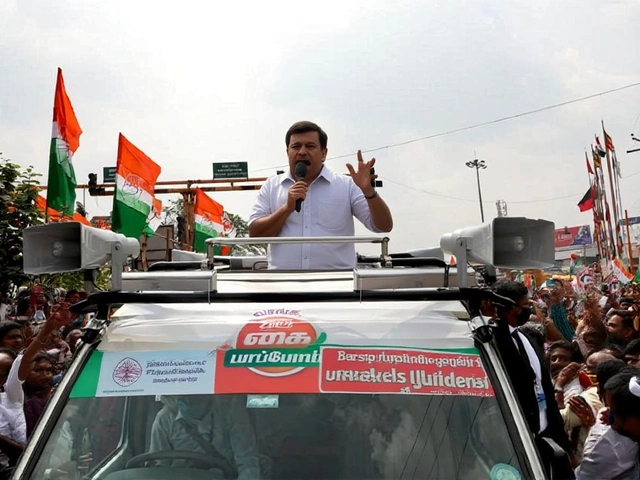Trivialized: How to spot shallow news and save your time
Ever opened an article and felt like you read a headline and already knew everything? That's what we tag as "trivialized" — pieces that reduce big issues to gossip, drama, or one-liners. On India Live Updates this tag groups stories that treat politics, public debates or serious events like they're tabloid soundbites. Examples you might see here: quick takes on a minister's behaviour, clickbait guesses about a prime minister's schedule, or lists of quirky TV bloopers. Those can be fun, but they shouldn't replace useful reporting.
Signs a story is trivialized
1. Big words, small facts: lots of heat in the headline, little or no evidence in the body. If a piece screams controversy but links to no data or documents, be skeptical.
2. Endless opinion dressed as news: the author uses jokes, insults, or speculation instead of reporting basic who/what/when/where facts. Headlines like "What is wrong with X?" often lean this way.
3. Recycled outrage: the same claim shows up across channels with slight wording changes and no new sources. That's a pattern of amplification, not investigation.
4. Clickbait hooks: phrases such as "you won't believe" or constant "breaking" tags for routine updates. If every post screams "breaking," nothing feels important anymore.
5. Tiny stories framed as big crises: quirky human-interest pieces—funny TV moments, odd local stunts—are fine, but they become trivialized when pushed as urgent national news.
How to read smarter
Check the source and date. Reliable pieces point to primary sources: statements, reports, data. If an article mentions a study or official note, can you find it? If not, treat the claim cautiously.
Look for context. A one-line claim about a politician or company needs background: history, numbers, counter-views. Good articles show both sides or explain why something matters today.
Cross-check headline claims with at least one other trustworthy outlet. If only tabloids or opinion pages repeat the line, it might be noise.
Use the tag page to spot patterns. When many posts under "trivialized" repeat sensational phrasing, you see who’s feeding the noise and who benefits from it.
Engage thoughtfully. If a piece annoys you because it misframes a real issue, comment or correct with facts rather than amplifying the headline. Sharing furious reactions often boosts trivialized content more than it challenges it.
This tag isn't a ban on light stories—fun pieces have value. The goal here is simple: help you tell real reporting from quick drama. Read headlines, but treat them like teasers, not summaries. When news matters, dig for evidence; when it's just entertainment, enjoy it but don't let it shape your view of big issues.

Many Indian news channels have been criticized for focusing disproportionately on masala news, which is defined as news that is sensationalized and often trivialized. Masala news often includes stories that are meant to shock or entertain viewers, such as crime, gossip, and celebrity news. This type of news is particularly popular among younger viewers and has been adopted by news channels as a way to attract viewers and increase ratings. The reliance on masala news has caused some to criticize these channels for neglecting to cover important news topics, such as politics and socio-economic issues.




